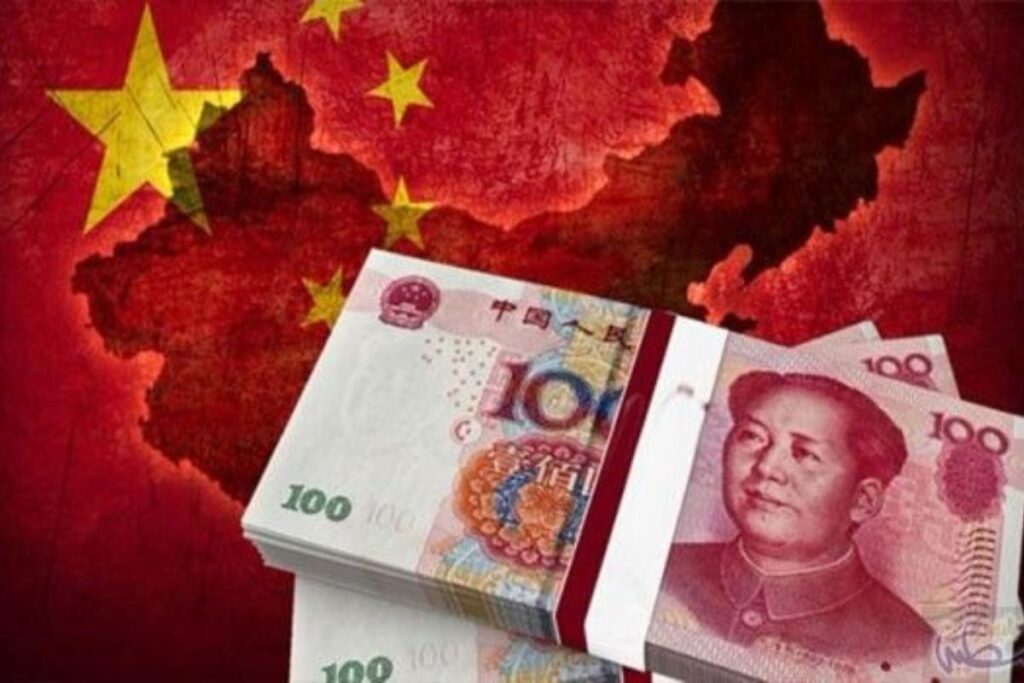China’s recent intervention in its bond market has raised concerns among analysts about the country’s financial stability. Due to stringent capital controls and slow growth in the economy, domestic funds are no longer flooding into China’s vast government bond market.

According to reports, regulators told Jiangxi province’s commercial banks to stop settling government bond transactions. As a result, 10-year Chinese government bond futures prices plunged to their lowest point in almost a month before slightly rising in early August.
The Challenges of China’s Bond Market Intervention
The inverse relationship between bond prices and yields indicates that the Chinese government faces significant challenges in stabilizing the market. As authorities intervene, concerns over the wider effects on the financial industry and economic growth increase.

This situation shows possible long-term obstacles for China’s economic trajectory and emphasizes the careful balance the country must maintain between encouraging economic progress and managing financial risks.
How Is the Bond Market Regulated in China?
The People’s Bank of China (PBOC) and the China Securities Regulatory Commission (CSRC) are two major bodies regulating China’s bond market. These bodies supervise the bond market’s operations and ensure it adheres to the country’s broader economic goals.
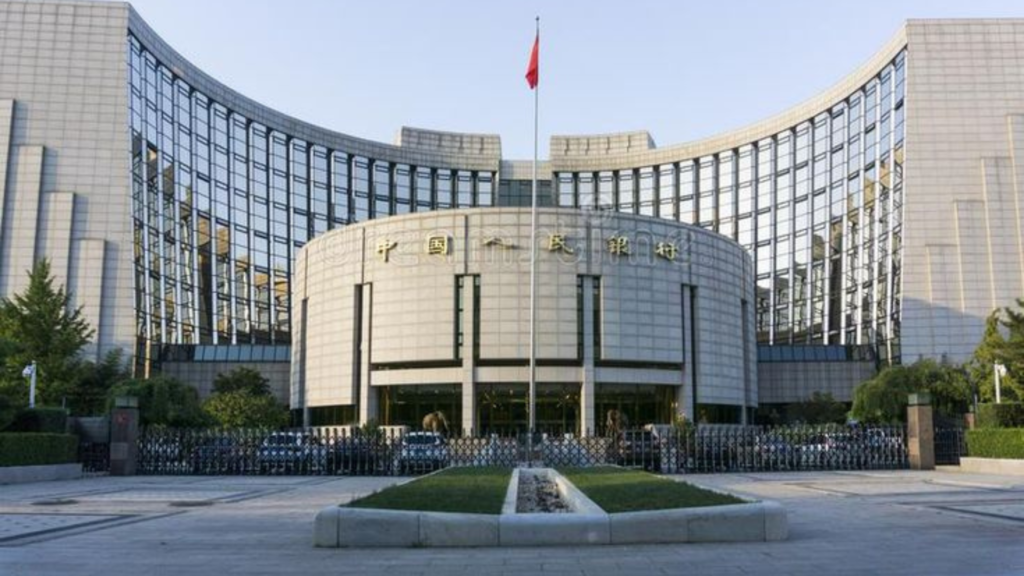
Although recent actions suggest that authorities are increasingly worried about potential risks, the regulatory framework is designed to promote market stability. This has led to tighter controls and closer monitoring of bond market operations.
ALSO READ: China’s Move Away from the U.S. Dollar Signals Escalating Tensions
Do Local Currency Bond Markets Enhance Financial Stability?
Local currency bond markets, like those in China, can increase financial stability by reducing reliance on foreign currencies and offering a stable funding source. A reliable domestic bond market is essential for China to control its economic growth and mitigate foreign shocks.
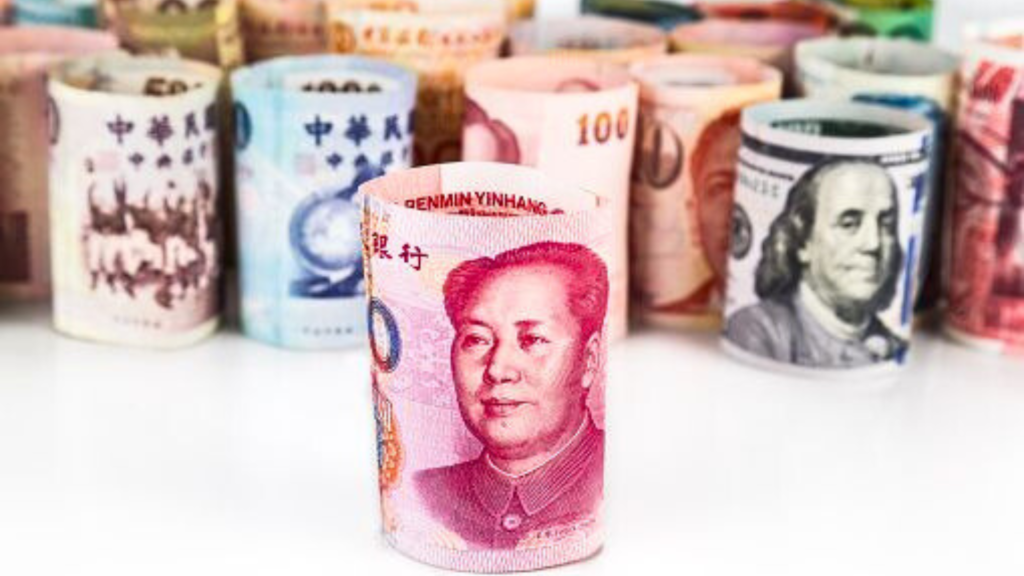
The latest intervention, though, suggests that instability can still exist in local currency markets. The Chinese government’s actions reflect a need to address vulnerabilities that could jeopardize long-term financial stability.
What Are Chinese Government Bonds Called?
Chinese government bonds are called “treasury bonds” or “T-bonds.” The Ministry of Finance issues these bonds, which are essential tools for managing the country’s fiscal policy. T-bonds are considered safe investments, attracting both domestic and foreign investors.
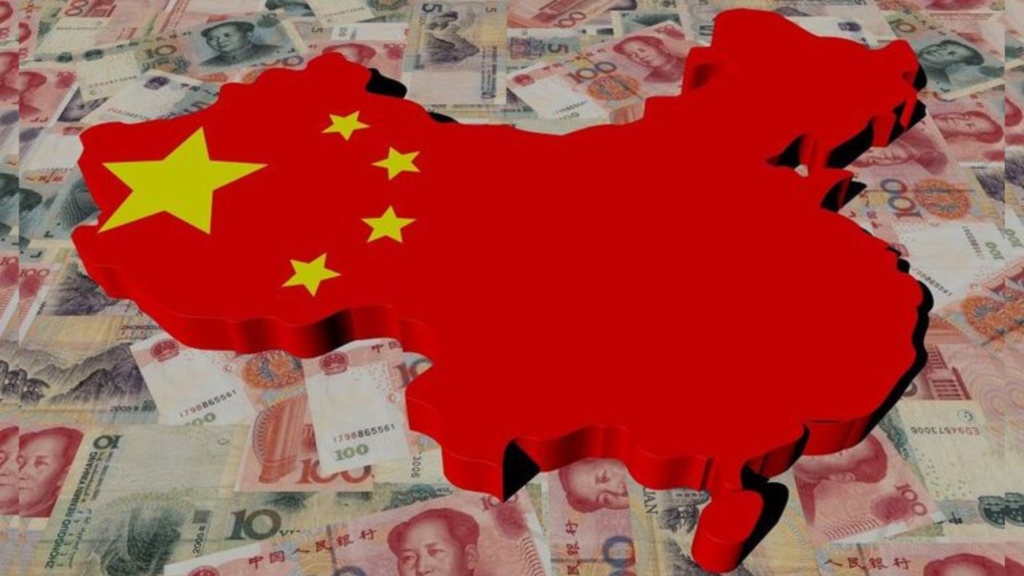
However, the government’s recent intervention in the bond market has raised questions about the perceived safety of these bonds and the overall health of China’s financial system.
What Role Do Government Bonds Play in China’s Economy?
China’s economy depends heavily on government bonds since they manage fiscal policy and offer a reliable source of finance for public initiatives. With a yield of at least 4%, the Chinese 10-year Treasury yield is far lower than the U.S. 10-year Treasury yield of 2.2%. The difference demonstrates how the People’s Bank of China has been cutting interest rates while the U.S. Federal Reserve has maintained high rates.
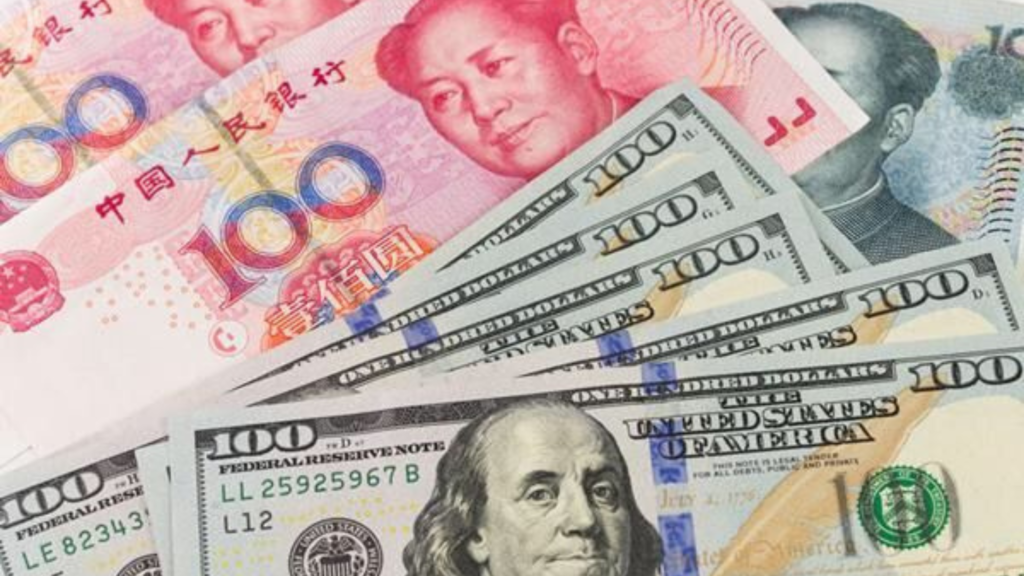
These bonds are essential to the nation’s financial system, supporting economic expansion and liquidity preservation. However, the government’s recent involvement in the bond market indicates it is growing increasingly concerned about potential disruptions that jeopardize this stability.
How Is the Financial Sector Regulated in China?
Several institutions regulate China’s financial sector, including the PBOC, CSRC, and the China Banking and Insurance Regulatory Commission (CBIRC). These institutions work together to oversee the securities markets, banking, and insurance sectors and ensure that the financial system supports economic growth while mitigating risks.

The recent intervention in the bond market highlights these regulators’ difficulties in balancing the requirement for ongoing economic growth and financial stability. China’s economy is changing, and emerging risks require the adaptation of regulatory strategies.
What Are the Risks Facing China’s Bond Market?
The bond market in China is vulnerable to several threats, such as rising corporate debt levels, slowing economic growth, and potential bankruptcy. The government’s involvement implies that these risks are intensifying, necessitating more stringent regulations.

Analysts worry that if these risks are not well managed, they may result in more widespread financial instability. Although the intervention is a proactive step in addressing these issues, it also highlights the weaknesses in China’s economic system.
How Are Investors Responding to China’s Bond Market Intervention?
Investors have reacted cautiously to China’s intervention in the bond market; some have expressed concern about the possibility of higher market fluctuations. The market intervention attempts to stabilize the situation, but it also calls into question the fundamental stability of China’s financial system.

While some investors believe the intervention would avert more significant disruptions, others reevaluate their investments in Chinese assets. How well the government controls the risks in the bond market will determine how this affects investor confidence in the long run.
ALSO READ: Where Are China’s Ultra-Rich Investing Their Wealth Amid a Stagnant Economy?
What Are the Key Drivers of Economic Growth in China?
Consumer spending, government investment, and industry output are the main drivers of China’s economic growth. The bond market, which provides funding for public projects like infrastructure development, supports these forces.
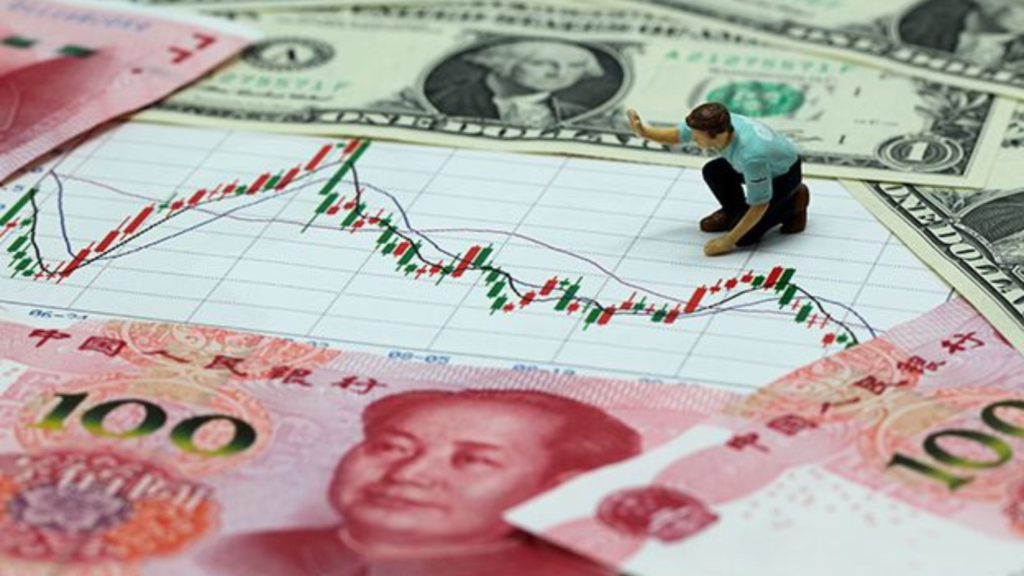
However, the government’s recent action suggests that preserving this growth is a problem, with financial dangers on the rise. For China’s economy to continue growing, the bond market must remain stable.
What Does China’s Bond Market Intervention Mean for Economic Growth?
The Chinese government’s bond market intervention makes it abundantly evident that it prioritizes financial stability over short-term economic growth. Government intervention is intended to avert market disruptions that may trigger more serious economic problems.

This action, however, also emphasizes the difficult balancing act China must perform to maintain growth while controlling financial risks. The intervention indicates that even though sustaining financial stability is becoming increasingly important, economic growth remains a priority.
What Impact Could China’s Bond Market Intervention Have Globally?
Since China’s bond market is becoming more integrated with the world’s financial markets, any major intervention might have ripple effects. As a result of the recent intervention, foreign investors are now more concerned about China’s economic system’s stability and its potential impact on world markets.

If it raises market volatility or lowers investor confidence, the action may impact global economic growth. China’s actions in the bond market will be closely monitored as its economy continues to gain prominence on the global market scene.
You Might Also Like:
Jamie Dimon Advocates for ‘Buffett Rule’ to Tax Millionaires and Address National Debt
Warren Buffett Reveals His Will’s Key Lessons—Valuable for Any Wealth Level
Murdoch Family Feud Sheds Light on Nevada’s Growing Secret Trust Industry
A Summer of Cuts: Major Companies Unveil Widespread Layoffs
Popular Fast-Food Chains Raise Prices Following Minimum Wage Increase

